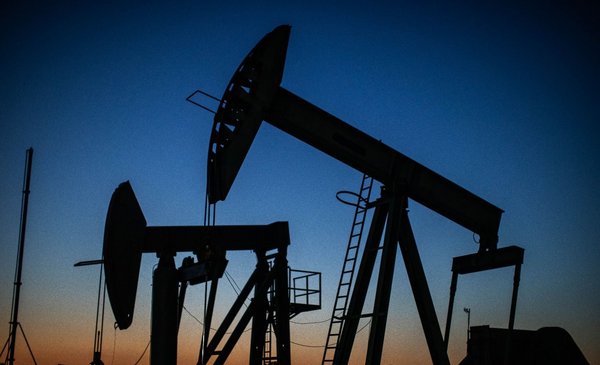By Julian Cubero, BBVA Research
The The world is in an energy crisis unprecedented in 40 years due to the oil embargo on Russia and uncertainty about the security of gas supplies. In addition, the measures proposed to replace the Russian supply are not an effective alternative in the short term without the concurrence of adjustments in demand, as the German government has already pointed out. Added to all this is the transition towards a decarbonized economy.
The first raises energy prices, the second requires also increasing the price of carbon generated by energy of fossil origin, very low for the damage it produces. In fact, According to the World Bank’s annual report on carbon pricing status and trends, as of April 2022 only a quarter of global greenhouse gas emissions have any pricing mechanism (tax, emission rights trading), and at a very low level: only the price of 4% of global emissions is close to that which compensates for the damage to society.
The difficulty of the current moment is reflected in the problems in advancing climate legislation in the European Union (EU), the region that champions decarbonisation. It has been difficult to achieve the agreement of the European Parliament on the EU emissions trading mechanism, with greater ambition in energy and industry, extension of the mechanism to emissions from the residential sector and transport, and implementation of a carbon fee for certain imported products.
These advances, pending negotiation with the member states, are modulated with delays in the entry into force of some measures, compensation to the exporting industry for the loss of free emission rights when the carbon tariff enters into force, or the establishment of a social climate fund to help the most vulnerable in the transition.
That is the path to follow: moving forward with non-protectionist extraterritorial measures that internalize the cost of imported carbon emissions, making it profitable to generalize price mechanisms in exporting countries. The transition towards decarbonization is impossible if it is not also economically profitable, and in this spirit, the development of voluntary carbon marketsfor example, is an opportunity as soon as the appropriate incentives are designed: to ensure the integrity of the transactions, maintain the appetite of the applicants, and promote the opportunities for generating carbon credits, especially in developing economies that can take advantage of thus its greater endowment of natural capital.
for all of it long-term predictable carbon prices are essential, consistent with decarbonisation; and even more so with security problems in the fossil energy supply.


















